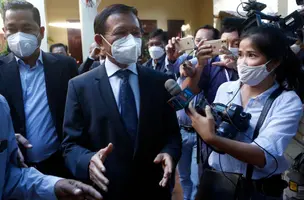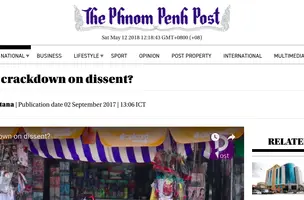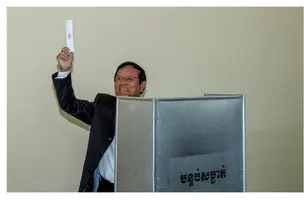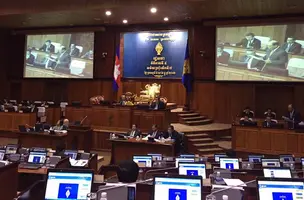
Home
Publications
Publications
Showing 0 to 0 of 0 results

Statements
2022-01-21T07:06:41
Southeast Asian MPs urge Cambodia to immediately drop charges against Kem Sokha

Statements
2020-01-14T08:11:32
Cambodia: As trial starts, regional lawmakers call for charges against Kem Sokha to be dropped

Statements
2018-05-09T07:37:14
ASEAN MPs lament “end of press freedom” in Cambodia

Statements
2018-03-09T07:34:57
Six months since the arrest of Cambodia’s Kem Sokha, regional MPs renew calls for his immediate release

Statements
2017-12-25T07:33:55
158 MPs from 23 countries call for the release of Cambodian opposition leader Kem Sokha

Statements
2017-10-17T07:33:52
ASEAN parliamentarians condemn moves to eliminate opposition in Cambodia
TOP
ASEAN Parliamentarians for Human Rights (APHR) was founded in June 2013 with the objective of promoting democracy and human rights across Southeast Asia. Our founding members include many of the region's most progressive Members of Parliament (MPs), with a proven track record of human rights advocacy work.
Copyright © 2024-2025 All Rights Reserved - ASEAN Parliamentarians for Human Rights (APHR)
Website by Bordermedia